Unique profile of Research Stations that build on shared scientific goals and methodologies
The backbone of SITES is nine active and well-equipped research stations (including associated Bolmen Research Station), which cover diverse habitats and climate zones across Sweden, including agricultural land, forests, wetlands, mountains, lakes and streams.
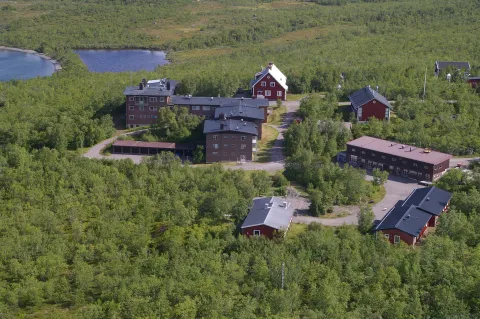
Abisko Scientific Research Station is located in a subarctic climate app. 200 km north of the Arctic Circle. The dominating ecosystems types are alpine forest, lakes, streams and wetlands.
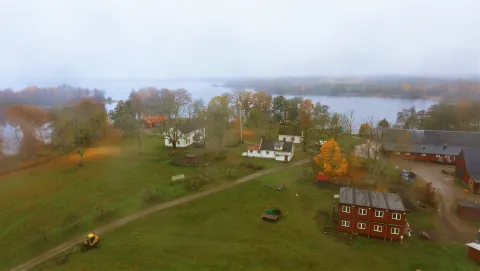
Bolmen Research Station is located in Tiraholm, by Lake Bolmen in Hylte municipality in a hemiboreal climate. The dominating ecosystem types are the lake, connected streams and wetlands.
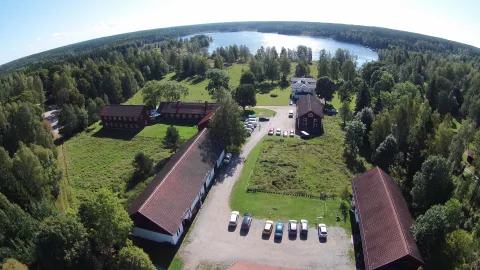
Grimsö Wildlife Research Station hosts a research area of 13000 ha in Berslagen, the climate poses a mix of hemi-boreal and boreal. The main ecosystems surrounding the station are coniferous forests, lakes, streams and wetlands.
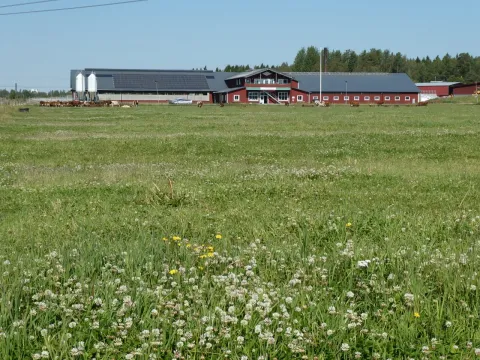
Röbäcksdalen Field Research Station is located in Umeå in the coastal region of northern Sweden in a boreal climate. The dominating ecosystem types are agriculture and streams.
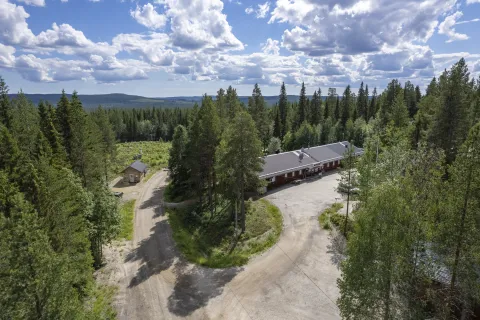
Svartberget Research Station is located in central Vindeln, app. 50 km north-west of Umeå in a boreal climate. The dominating ecosystems are forest, lakes, streams and wetlands.
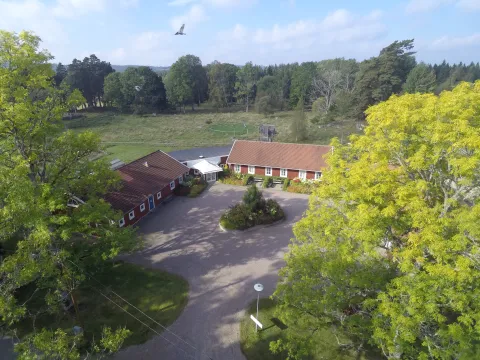
Asa Research Station consists of a research station and three research areas including the Aneboda Research Area in a hemiboreal climate. The dominating ecosystem types are forest, lakes, streams and wetlands.
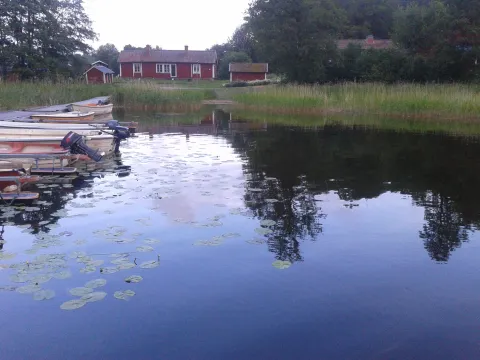
Erken Laboratory is located by the shore of lake Erken, 70 km northeast of Stockholm in a hemiboreal climate. The dominating ecosystem types are the lake and connected streams.
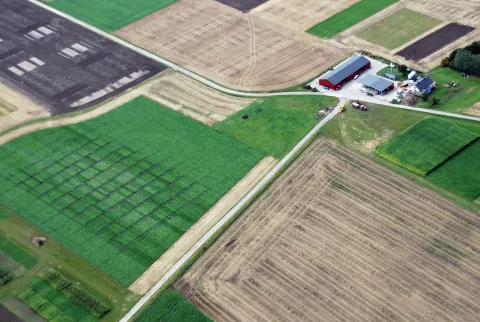
Lönnstorp Research Station is located in the south west of Skåne in a temperate climate and has a subject focus on cropping system dynamics. The main ecosystem is agriculture.
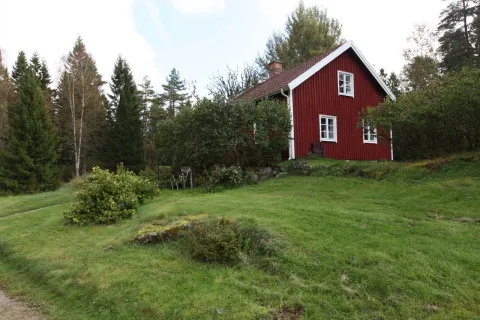
Skogaryd Research Catchment is located app. 100 km north of Gothenburg in a hemiboreal climate. The main ecosystems are forest, lakes, streams and wetlands.
Interactive Research Station Map
Tarfala Research Station participated in SITES from 2013-2022, data from this period can be found on the SITES Data Portal.